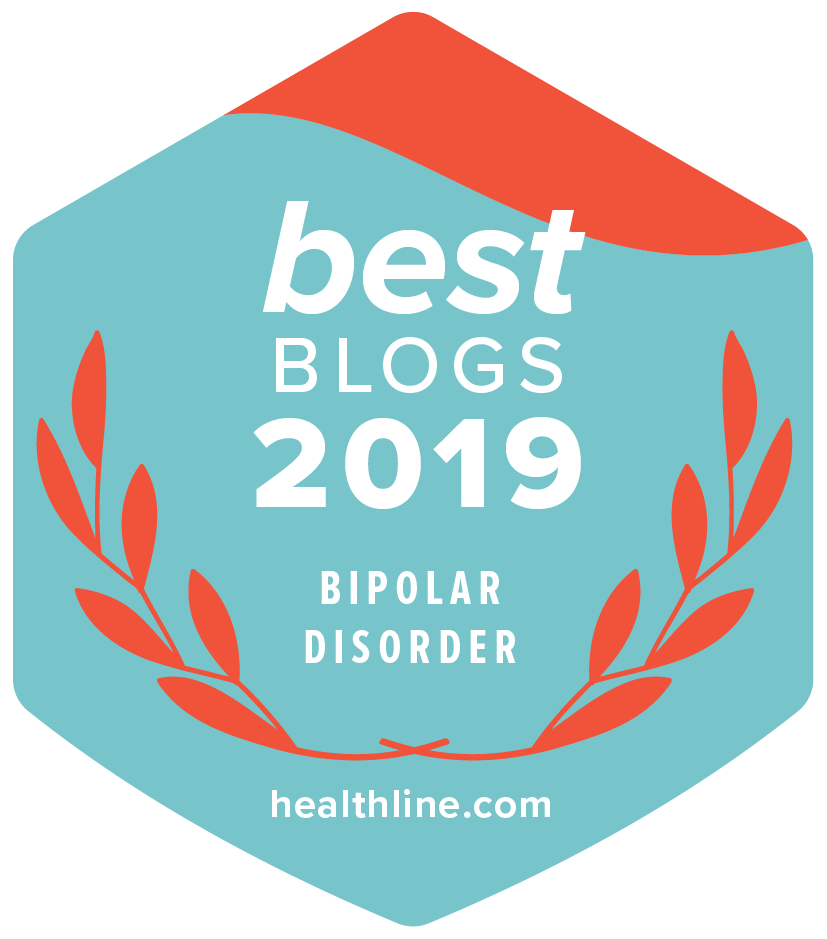Here is the continuation of the excellent WebMD article on childhood onset bipolar disorder. …
Definition of Childhood Bipolar Disorder Controversial
What, exactly, is childhood bipolar disorder? It’s controversial. Bipolar disorder used to be called manic depression because it is characterized by bouts of depression and bouts of mania.
Mania in adults is characterized by euphoria, grandiosity, irritability, racing thoughts, and frenetic activity. While some experts argue that childhood mania must also exhibit signs of euphoria and grandiose behavior, others say irritability may be the only sign.
“In children, the symptoms of bipolar disorder are very different from the symptoms in adults,” Julio Licinio, MD, chairman of the department of psychiatry at the University of Miami, tells WebMD.
In January 2007, the American Academy of Child and Adolescent Psychiatry (AACAP) set out a “practice parameter” acknowledging the controversy. The AACAP’s expert panel noted that for both children and adults, doctors are much more often diagnosing bipolar disorder based on individual symptoms rather than characteristic patterns of symptoms.
The AACAP panel noted that there’s also debate over whether bipolar disorder in children is even the same illness as bipolar disease in adults. What is agreed on is that bipolar disorder is an increasingly common diagnosis in children — including preschool children.
“There was a real underdiagnosis of bipolar disorder in children. We’ve gone to the other situation now,” Licinio says. “Some of these children are just irritable and cranky and negative. They get more brittle than manic. And people can mistake juvenile delinquency for bipolar disorder. So there is a potential for this to be really missed.”







Thank you, Julie, for your honesty. Your experiences are similar to my daughter’s. I have printed out some of the information from your blog which I think will help her to hear you. She is struggling hard to stay on track with medications, counseling and a pretty good psychiatrist, so words from someone who has “been there, done that” can only be helpful.